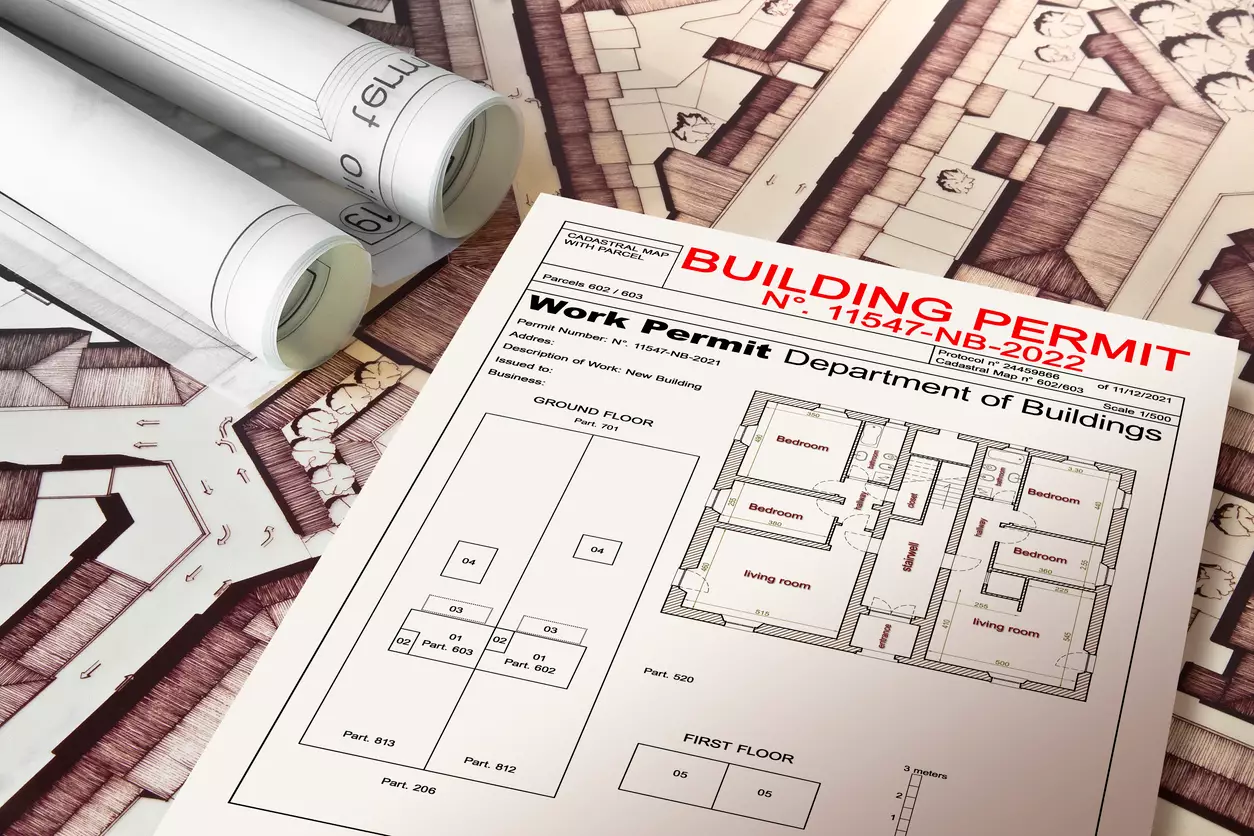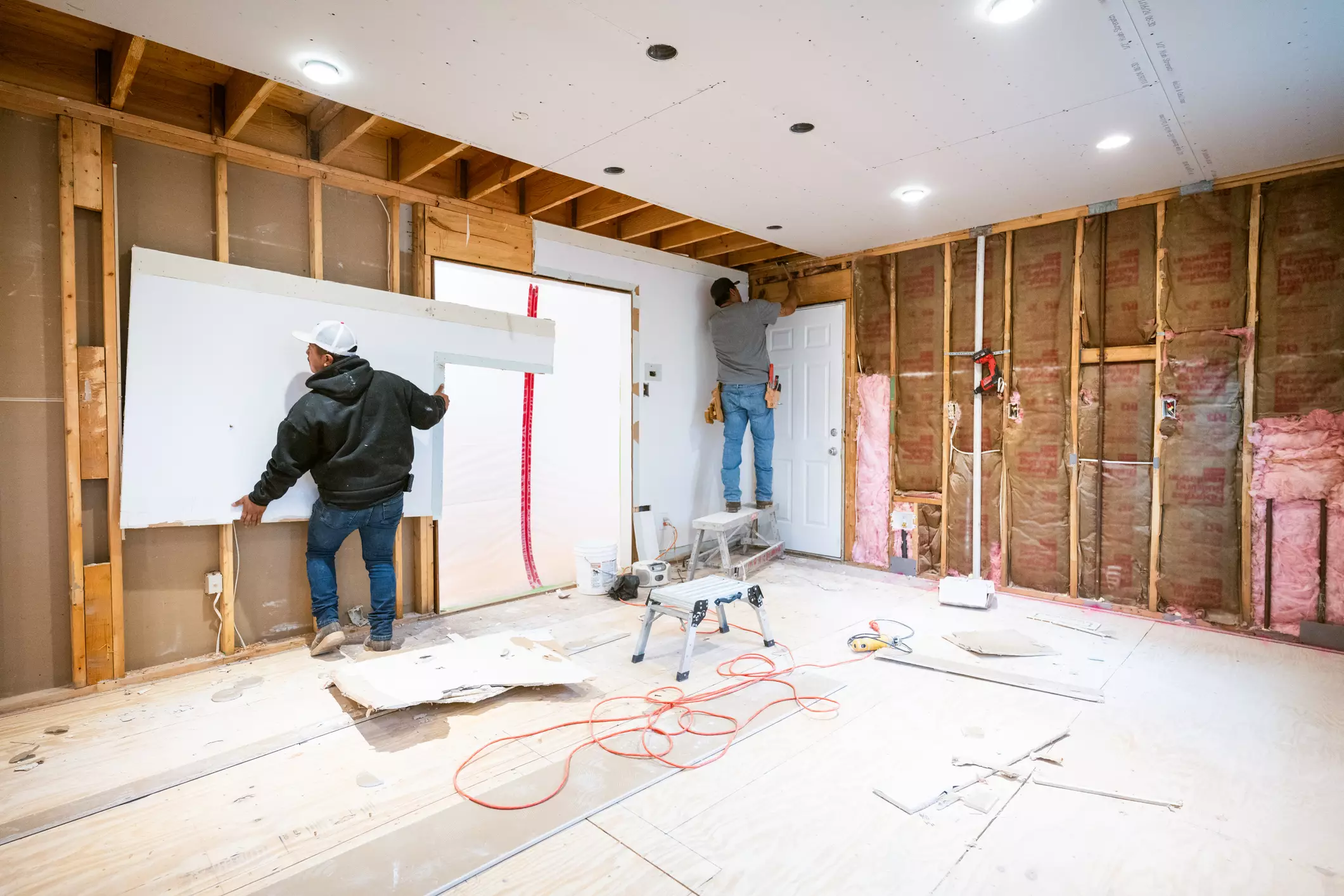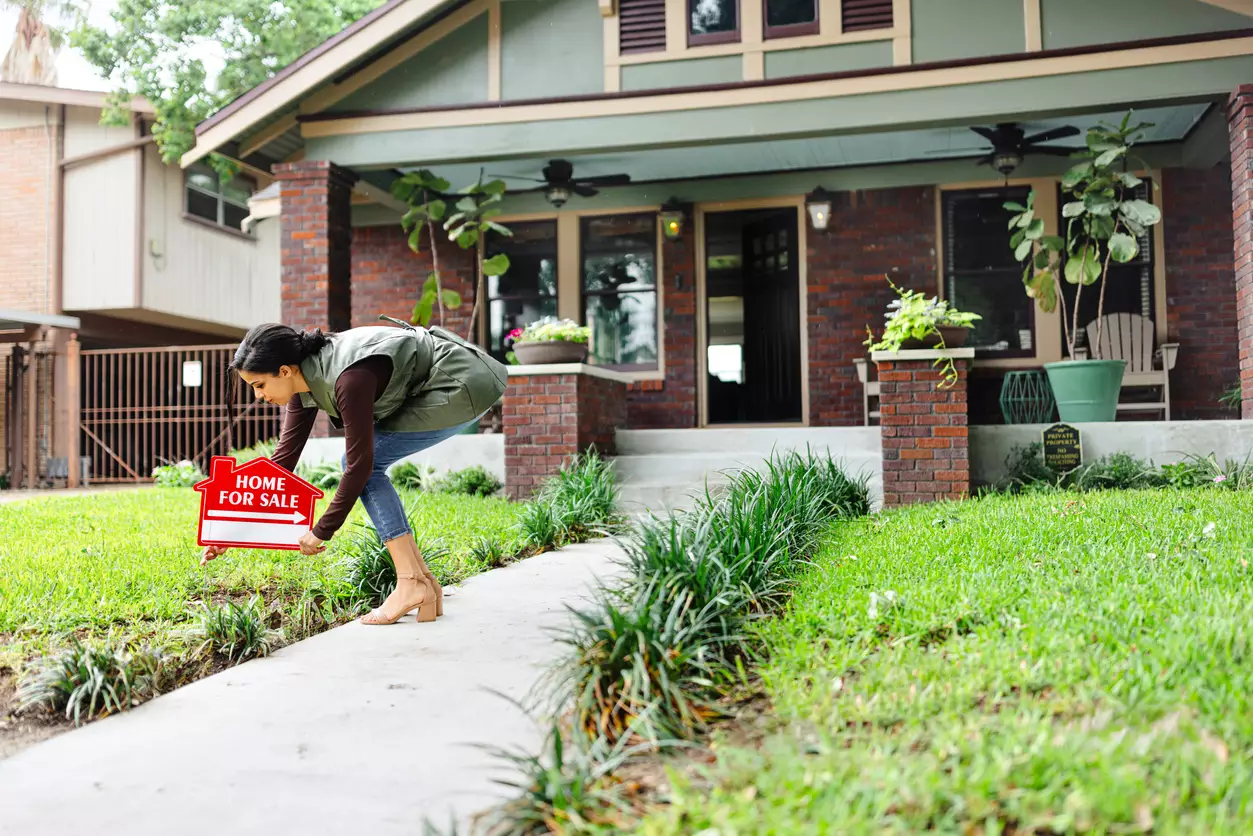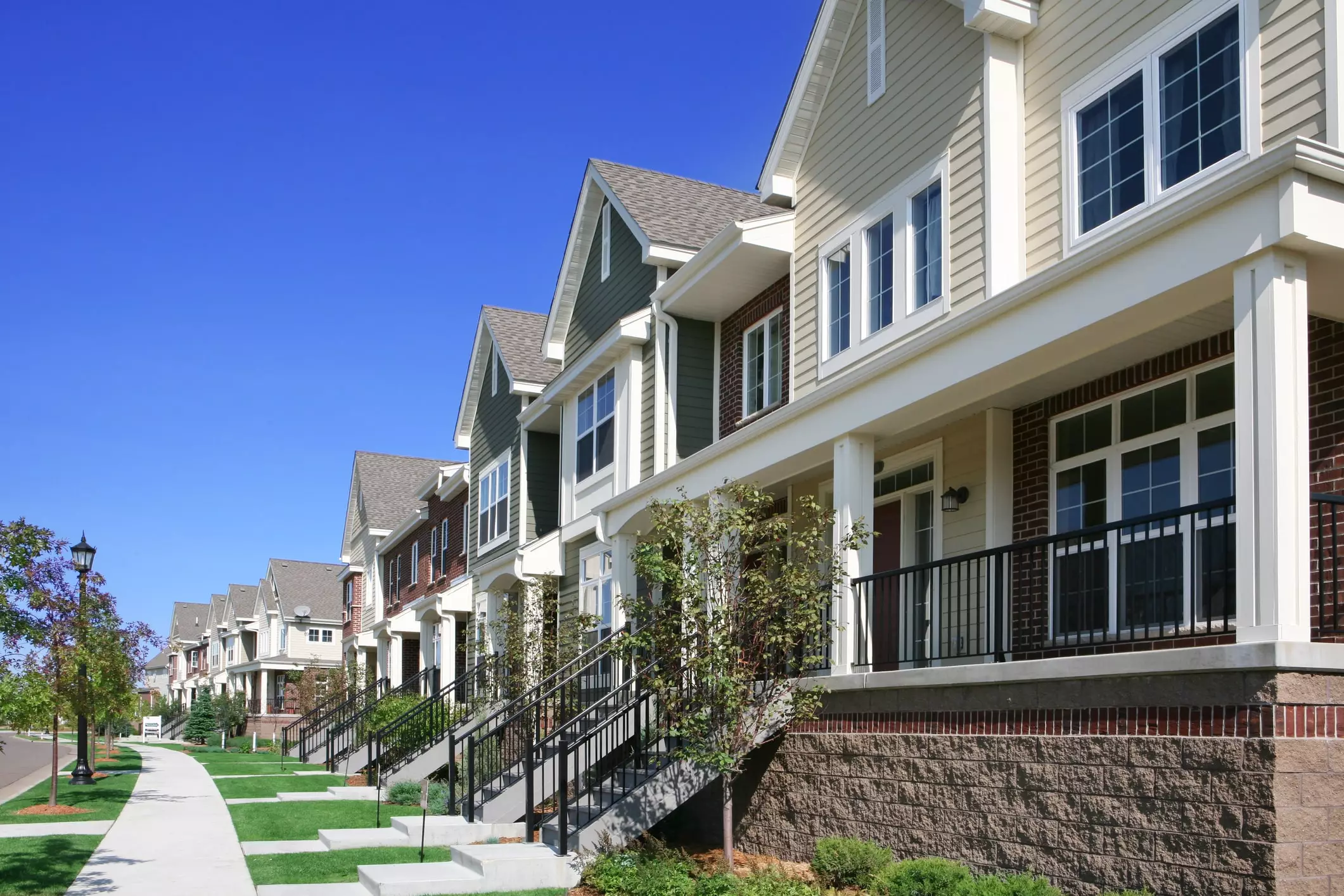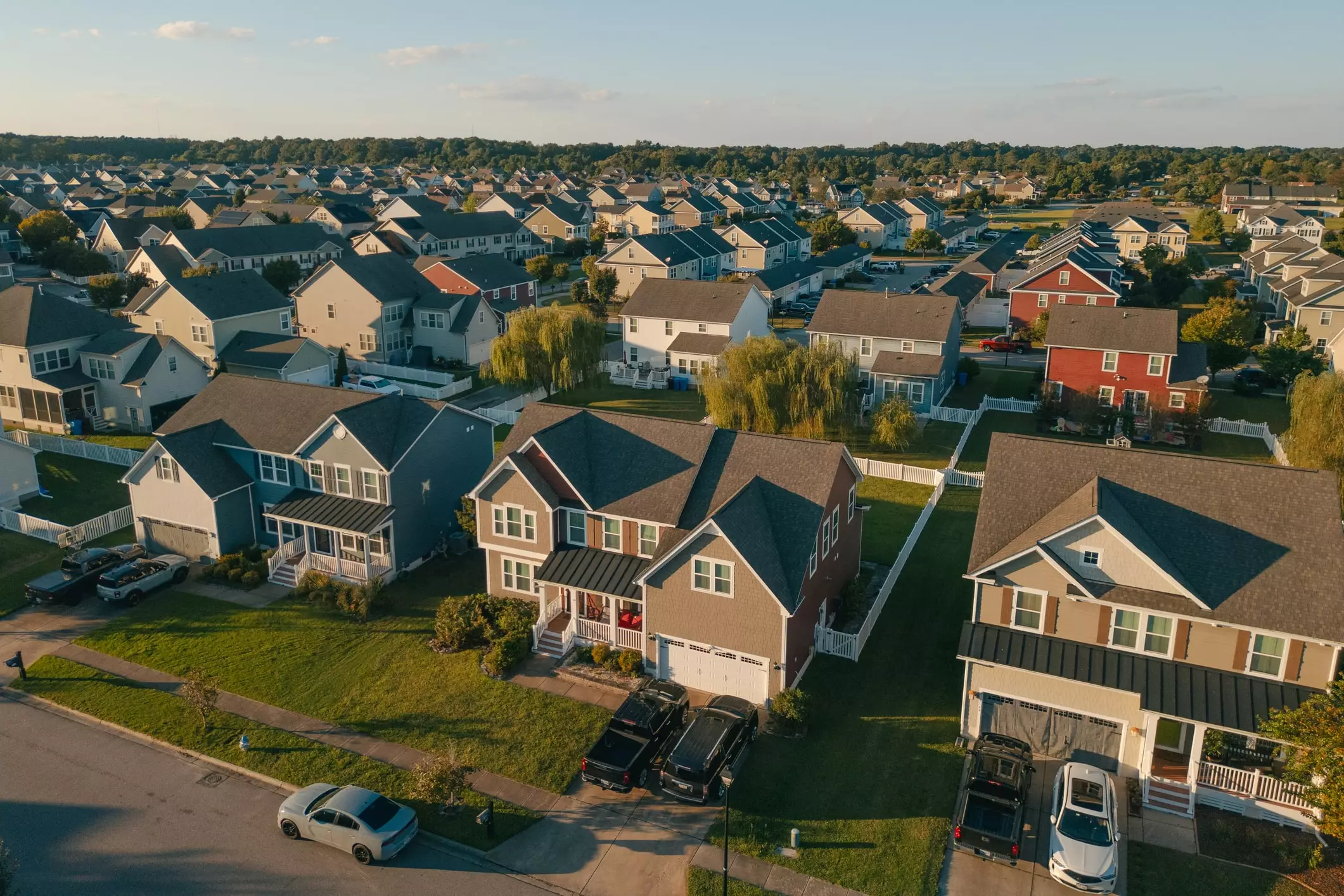What Are the Penalties for Building Without a Permit in Each State?
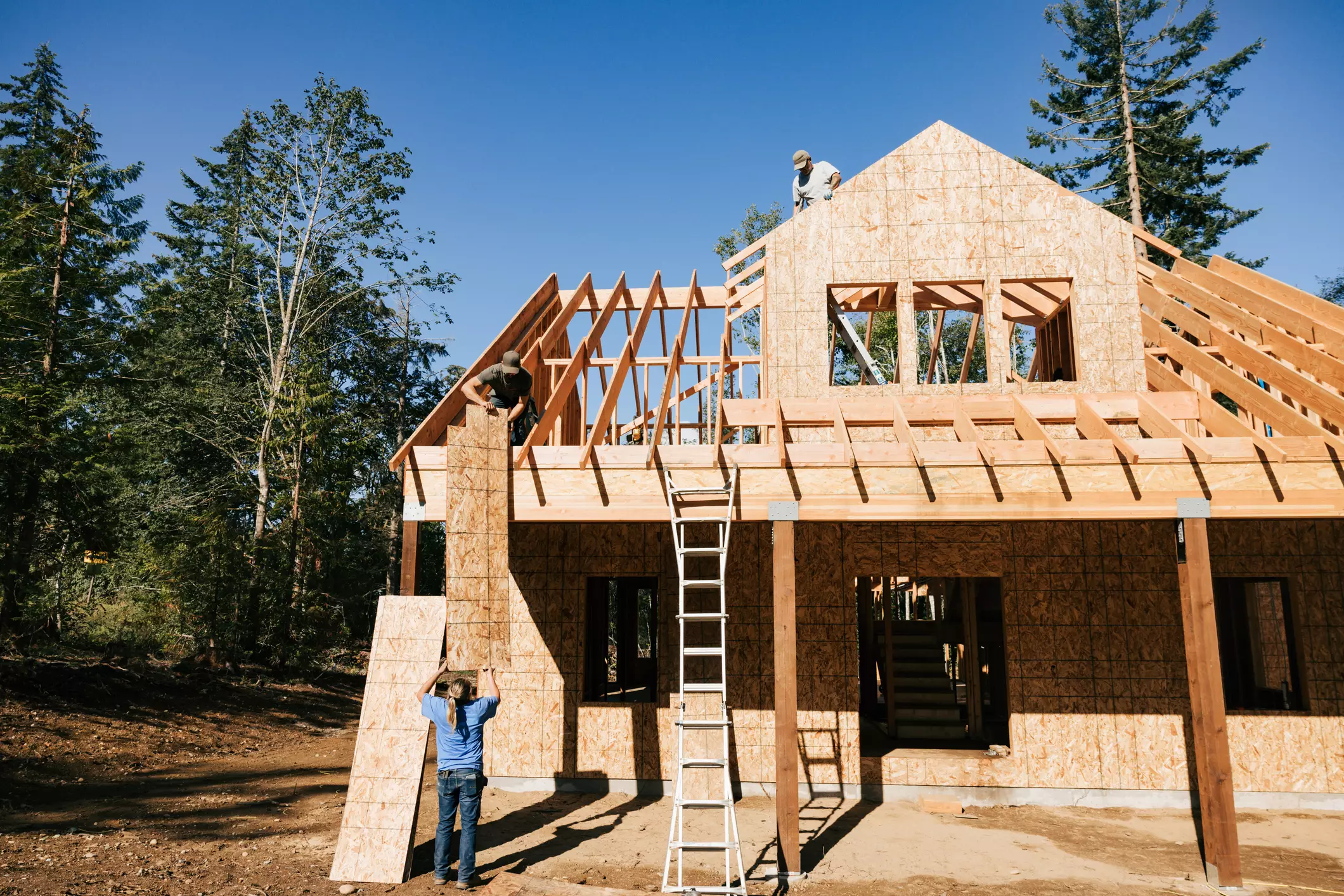
Table of Contents
- What Are the Penalties for Building Without a Permit in Each State?
- Why Permits Matter for Home Construction and Renovation
- What Is the Penalty for Building Without a Permit?
- State-by-State Penalties for Building Without a Permit
- What To Do If You’ve Built Without a Permit
- Tips To Avoid Permit Issues in the Future
Thinking of adding a room, rewiring your kitchen, replacing your furnace, or building a deck? These enhancements typically require you to have a permit. While it can feel like just one more layer of red tape, these permits are essential for safety, legal compliance, and long-term property value. As such, even though skipping a building permit might seem like a shortcut to save time or money, doing so can often result in hefty fines, legal trouble, and even demolition orders.
Why Permits Matter for Home Construction and Renovation
Building permits are an important aspect of construction and renovation projects. These permits are designed to protect homeowners, neighbors, future buyers, and the general public at large by ensuring the project meets relevant safety codes, zoning regulations, and structural standards. Whether you're adding a new room or replacing a water heater, a permit ensures that the work is done safely and legally.
Some common projects that require permits include:
- Electrical rewiring or upgrades
- Plumbing changes or pipe replacements
- HVAC installations and replacements
- Roofing work
- Room additions or conversions
- Installing decks, patios, sheds, and fences
- Wall removals, foundation work, and other structural changes
Failing to secure the proper permits for your project can have several consequences, including project delays, stop-work orders, fines, increased permit fees, and demolition or removal orders. In addition, unpermitted work may also affect the property’s value, insurance coverage, and saleability.
Note that even though permits are typically required for new construction and major remodeling projects, small projects may also require one, depending on the municipality.A detailed construction business plan template helps identify permitting needs early, especially when project requirements vary by location. As such, it is always a good idea to check with your local building department before commencing your project to confirm the types and scope of projects that may be done with (or without) a permit.
What Is the Penalty for Building Without a Permit?
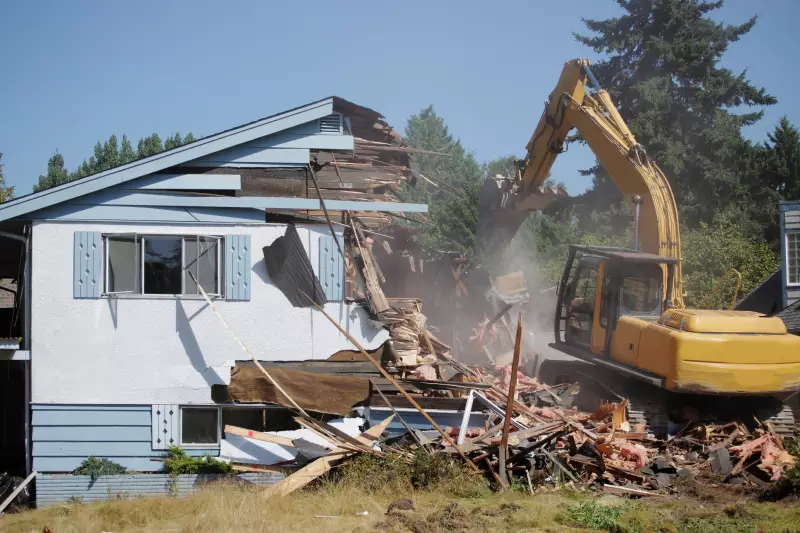
While the specific penalties for building without a permit vary by location and severity, they typically include at least one of the following:
- Fines: These may be issued as a flat fee or daily penalties calculated from when the unpermitted work commences until it is brought into compliance.
- Permit Fee Multipliers: This involves charging a multiple (usually 2x - 3x) of the original cost for obtaining the required permit(s).
- Stop-Work Orders: This involves halting the project. Continuing work without resolving the issue may lead to more penalties or legal action.
- Demolition/Removal Orders: In certain situations, especially where safety is compromised, the unpermitted work may be ordered removed/torn down.
- Legal Actions or Liens: Unresolved permit violations may result in lawsuits or property liens, complicating future sales or refinancing. You may also face possible criminal and/or civil charges in some cases, particularly if these violations endanger life or property.
In situations where a construction or home renovation project has been carried out without the required permits, the local building department may offer retroactive permitting (also known as retrospective or after-the-fact permitting). This is a process of obtaining necessary building permits for work that has already been completed without prior authorization, and typically involves submitting applications, drawings, and documentation for the completed work, and potentially making necessary adjustments to ensure compliance with current building codes.
Retroactive permitting generally helps you avoid the penalties of unpermitted work. Note that you may be charged double or triple the original permit cost and will also have to cover the cost of any additional work needed to ensure that the work meets current code standards. There is also no guarantee of approval - if the work fails the required inspections, you might need to partially or fully rebuild.
State-by-State Penalties for Building Without a Permit
The most common penalty for building without a permit is usually a fine, which is often issued based on the nature and size of the project. The table below provides a general overview of how each U.S. state approaches unpermitted construction:
|
STATE |
FINES |
OTHER OBTAINABLE PENALTIES/ENFORCEMENT ACTIONS |
|
Alabama |
$500+ (per violation) |
Stop-work orders. Double permit fees. |
|
Alaska |
Daily fines of $75 –$300 until required permits are obtained |
Stop-work orders. Double permit fees (penalties are usually stricter in urban areas like Anchorage). |
|
Arizona |
$200 – $2,500 |
Stop-work orders. Double and triple permit fees. Possible court proceedings for continued violations. |
|
Arkansas |
Up to $1,000 (first-time violations may result in warnings) |
Removal orders. Possible civil suits if zoning or health laws are violated. |
|
California |
$5,000+ |
2 – 5 times permit fee. Stop-work orders. Mandatory demolition is typically required for structures deemed “unsafe” (note that a separate permit is usually required for this). Possible legal action. |
|
Colorado |
$100+ (daily fines may be imposed) |
Stop-work orders. Double permit fees. Possible misdemeanor charges for repeat offenders. |
|
Connecticut |
$200 - $1,000, plus permit fees |
Retroactive inspections are typically required. |
|
Delaware |
Daily fines of up to $100 (some municipalities may issue a correction notice before imposing fines) |
Court-ordered injunctions for continued noncompliance. |
|
District of Columbia |
Up to $2,000 per infraction (fines are usually stricter for repeat offenders) |
Stop-work orders. Removal orders. Liens and possible legal action. |
|
Florida |
$100 - $5,000 |
Removal orders. Triple permit fees. Code enforcement liens on defaulting property. |
|
Georgia |
$500+ |
Double fees. Court citations. Potential demolition of non-compliant structures (minor violations may receive a warning before penalties are imposed) |
|
Hawaii |
Up to $10,000 per violation |
2 – 5 times permit fee. Stop-work order. Removal/demolition order. Possible court action (penalties are typically stricter for coastal or environmentally protected zones). |
|
Idaho |
$100 - $1,000 |
Double fees. Stop-work orders (especially in Boise and surrounding areas). |
|
Illinois |
Up to $1,000, plus daily fees until required permits are obtained. |
Enforcement is typically more aggressive in Chicago compared to other areas, while smaller municipalities may offer grace periods before imposing penalties. |
|
Indiana |
Up to $300 per day. |
Double or triple fees. Administrative citations. Possible corrections or demolitions (usually for repeat offenders). |
|
Iowa |
$100 - $750+ |
Stop-work orders. Retroactive code compliance inspections are typically required. |
|
Kansas |
$200 - $1,000 |
Double permit fees. Mandatory inspection of all completed work. |
|
Kentucky |
At least $250 (some municipalities may impose daily fines) |
Stop-work orders. |
|
Louisiana |
$250 - $2,500 |
Mandatory retroactive permitting. Possible liens (enforcement is typically stricter for hurricane-prone areas). |
|
Maine |
$100 - $2,500 |
Potential structure removal. |
|
Maryland |
$200 - $2,000 |
Double permit fees. Legal action in zoning boards. |
|
Massachusetts |
$500 - $2000, plus daily fines of up to $1,000. |
Mandatory inspections and project approval. |
|
Michigan |
$50 - $2,000 |
Double permit fees. Possible civil penalties. Unpermitted work typically has to pass inspection to remain. |
|
Minnesota |
$300 - $1,000 |
Double permit fees. Removal/demolition order. |
|
Mississippi |
$250 - $500 |
Many municipalities issue warnings first (enforcement is typically stricter in urban areas). |
|
Missouri |
$100 – $1,500 |
Code violations. Double fees. Mandatory additional inspections. |
|
Montana |
$100 - $1,000 (most municipalities typically assess risk before imposing fines) |
Stop-work orders (rural counties are typically more lenient). |
|
Nebraska |
$100+ per day |
Additional inspections and plan submissions. |
|
Nevada |
$200 - $2,000+ |
Double or triple permit fees Stop-work orders (penalties are typically stricter in Clark and Washoe Counties). |
|
New Hampshire |
$100 - $1,000 |
Mandatory retroactive permits. Zoning violations may involve legal proceedings (smaller towns are often more lenient with enforcement). |
|
New Jersey |
Up to $2,000 |
Possible suspension of future permit eligibility. |
|
New Mexico |
$150 – $2,000 |
Removal or legalization fees. |
|
New York |
Up to $10,000 |
Stop-work orders. Potential court action (penalties are typically stricter in NYC). |
|
North Carolina |
Up to $500 |
Double fees. Mandatory additional inspections. |
|
North Dakota |
Up to $1,000 (smaller towns are often lenient with first-time offenders) |
Mandatory retroactive permits. Possible rework of completed structures. |
|
Ohio |
$200 - $1,000 |
Stop-work orders. |
|
Oklahoma |
$250 - $1,500 |
Court summons (penalties are typically stricter in municipalities like Tulsa and Oklahoma City) |
|
Oregon |
$500 - $5,000 |
Mandatory retroactive compliance, including re-inspection fees (penalties and enforcement are usually stricter in urban areas like Portland). |
|
Pennsylvania |
$1,000+ (some municipalities may impose daily fees) |
Double permit fees. Possible legal enforcement for zoning violations. |
|
Rhode Island |
Up to $500 per incident |
Stop-work orders. Possible permit revocation for repeat offenders. |
|
South Carolina |
$500 - $2,000 |
Stop-work orders. |
|
South Dakota |
$25 - $1,000 |
Possible denial of future permits (counties typically issue warnings before imposing penalties). |
|
Tennessee |
$250 - $2,000 |
Correction notices. Double permit fees. Stop-work orders. Possible legal penalties (enforcement is usually stricter in municipalities like Nashville). |
|
Texas |
$500 - $5,000 |
Double and triple permits (penalties are typically stricter in major cities and historic districts). |
|
Utah |
$50 - $2,000+ |
Stop-work orders. Double permit fees. |
|
Vermont |
$100 – $1,000 |
Possible project reversal. |
|
Virginia |
$200 – $2,500+ |
Double permit fee. Removal/demolition orders. Possible liens on defaulting property. |
|
Washington |
$500 - $5,000 |
Stop-work orders. Double or triple permit fees. Mandatory retroactive permits. |
|
West Virginia |
Up to $500 |
Enforcement is typically less strict in rural areas. |
|
Wisconsin |
$300 - $1,500 |
Double permit fees. |
|
Wyoming |
$100 - $500+ |
Enforcement is typically stricter in more urban towns, like Jackson. |
Note that specific penalties (and enforcement of these penalties) may vary by municipality, so you should always check with your local city or county building office before commencing any construction or home renovation projects.
What To Do If You’ve Built Without a Permit
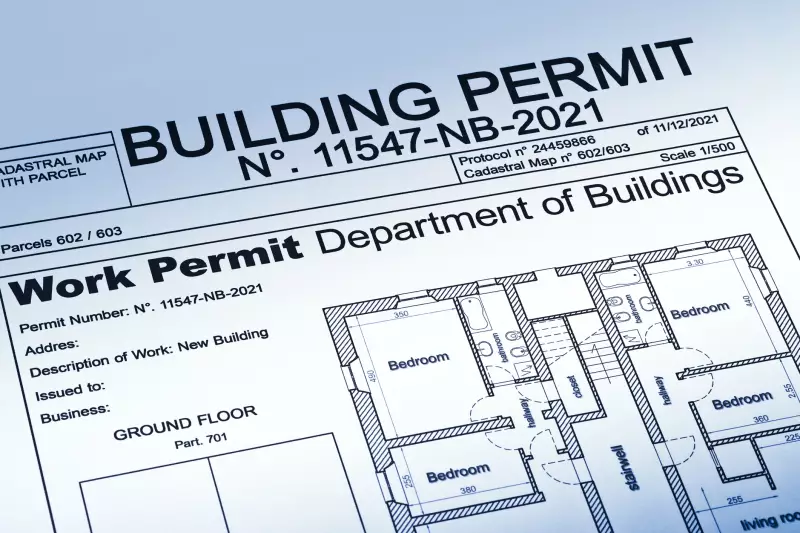
If you have already started (or completed) your building project without obtaining the necessary permits, you can still get back on the right side of the law by taking the following actions:
- Contact your local building department. Be honest about the situation, explain your reasons (if any) for failing to obtain the permits, and ask for available options. Many building departments offer retroactive permitting and/or inspections, which allow project owners to apply for and obtain the necessary building permits and inspections for construction work that has already been completed without prior approval.
- Pay any applicable penalty fees. Retroactive permitting and inspections typically incur additional fees (on top of the original permit fees). Note that other penalties may also apply, depending on your municipality.
- Hire a licensed contractor. Get a licensed contractor to assess the project and correct unpermitted work if necessary. These professionals are crucial in ensuring that fixes are done in line with relevant local and state codes and requirements.
Taking these steps can help you avoid even heavier penalties or forced demolition of your project, especially if the issue is discovered during a home sale or insurance claim.
Tips To Avoid Permit Issues in the Future
Here are some tips to help you avoid permit issues when undertaking a construction or home renovation project:
- Always check with your local building department for all applicable permit requirements before starting any work.
- Hire licensed professionals and confirm that they pull permits as part of their services.
- If a contractor says that a permit is not needed, be sure to verify this with your building department. Remember that unpermitted work is usually your liability, not the contractor’s.
- Keep records of all approved plans, issued permits, inspection sign-offs, and receipts in case of future property sales or disputes.
- When in doubt, ask. A quick call to your local building department can potentially save you thousands of dollars in fines and other penalties. It is also a good idea to get written clarification on gray-area projects.
While getting a permit might feel like a hassle, the penalty for building without a permit in Oregon – or any other state – is usually much worse. Every municipality enforces building codes differently, but the safest route is always to follow the rules from the start, saving yourself time, money, and future legal trouble.
Search Property & Deed Records
Table of Contents
- What Are the Penalties for Building Without a Permit in Each State?
- Why Permits Matter for Home Construction and Renovation
- What Is the Penalty for Building Without a Permit?
- State-by-State Penalties for Building Without a Permit
- What To Do If You’ve Built Without a Permit
- Tips To Avoid Permit Issues in the Future

